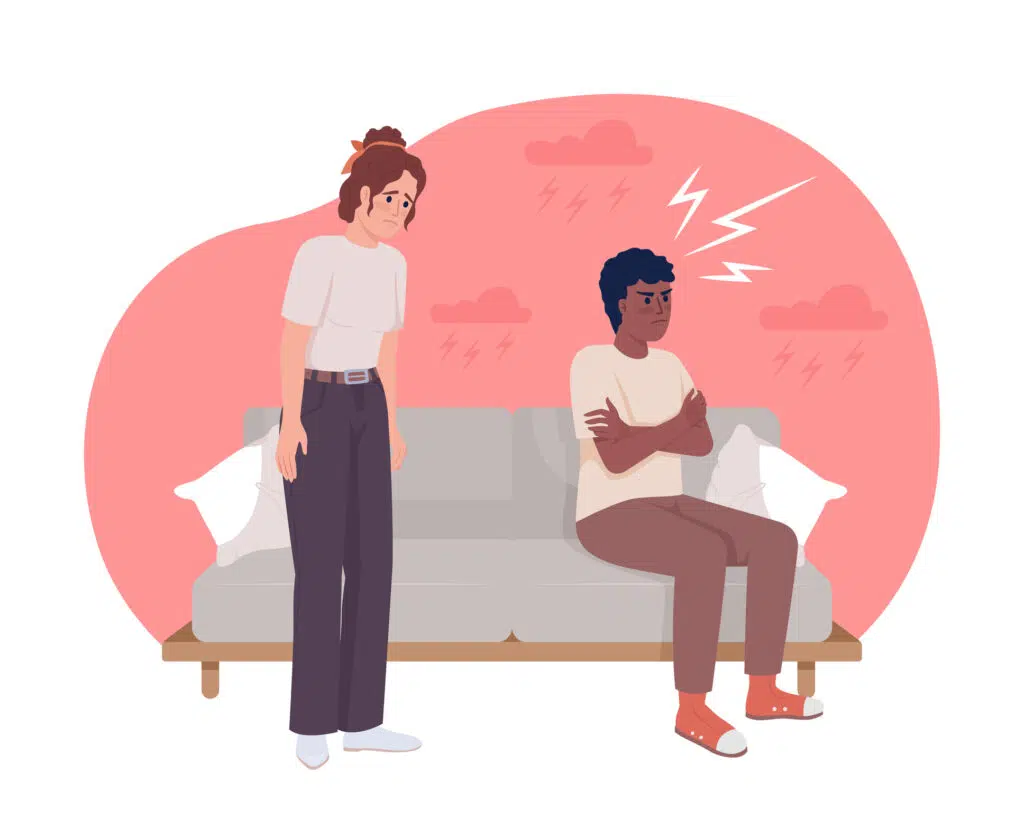The Importance of Self-Confidence

Self-confidence is a vital part of maintaining your physical, emotional, and spiritual wellness. However, there are many factors that can interfere with your ability to recognize your self-worth.
At Thriving Mind Psychology, the compassionate mental health specialists offer integrative services that can help renew your self-esteem and assist you in realizing your full potential.
Understanding self-confidence
Self-confidence is the belief that you as a person have value and are capable of succeeding in all aspects of your life. A good sense of self-confidence can help you to feel positive about yourself, your lifestyle, and your achievements. Self-confidence is also important for motivating you and keeping moving forward.
Because of conflicts in your personal life or in society in general, you may experience times when your self-confidence is lacking. Underlying health or emotional issues can also take a toll on your confidence, which can result in a pattern of negative thoughts about your self-worth and abilities.
Some of the most common factors that can contribute to low self-confidence levels include:
- Bullying
- Criticism
- Substance abuse
- Emotional abuse
- Trauma
- Physical violence
- Eating disorders
- Mental health issues (depression and anxiety)
You may also experience periods of low self-confidence if you lack a sufficient support system among your family and friends.
A downward spiral of negative thinking
While most people experience brief periods of self-doubt from time to time, especially when venturing outside of their comfort zone, continued negative self-talk can be damaging to your psyche and your overall health.
Negative thinking patterns that aren’t corrected can lead to new mental health issues or a worsening of existing mental disorders, such as depression and anxiety. Without proper treatment, you may also be at risk for self-harming behaviors and suicidal thoughts or actions.
A lack of self-confidence can also influence your decision-making skills. Many people who struggle with low self-esteem can experience changes in their behaviors and become involved with increasingly risky activities or unhealthy relationships, all of which can exacerbate a lack of self-esteem.
Taking back control to boost your self-confidence
The team at Thriving Mind Psychology understands how quickly the side effects of low self-confidence can spin out of control. They recommend that you reach out for help when you’re no longer able to control negative self-talk. Options for rebuilding confidence in yourself include:
Therapy
A highly effective approach to boosting self-confidence involves psychotherapy, which allows you to talk about the issues that negatively affect your self-confidence in a judgement-free environment. By discussing your negative self-talk patterns with an experienced therapist, such as with the providers at Thriving Mind Psychology, you can get a clearer picture of how your thinking affects your emotional health.
The therapy team also offers exposure therapy and experiential learning, an approach that focuses on your behaviors and the emotions that follow. To start rebuilding your self-confidence, you need to practice the feeling of confidence, assess your behaviors, make necessary adjustments, and repeat the process until you’re living a more confident life.
Mindfulness
The practice of mindfulness is also integral to building self-confidence. Being present in the moment and staying aware of your thoughts can help you to not become distracted by unhelpful thoughts.
Mindfulness can help you become self-aware about how unhelpful thoughts influence your life. There’s a dramatic difference between saying “I’m not good enough” and “I’m noticing the thought that I’m not good enough.”
Neurofeedback
Another innovative treatment option for building self-confidence and often used as an adjunct to talk therapy involves neurofeedback training. This noninvasive therapy assesses your brain activity in real-time, then trains your brain signals to function more properly.
The training works by triggering the formation of new synapses in the brain, thus making it easier to learn and perform behaviors necessary for maintaining a high self-esteem.
You deserve to live a long, healthy, and happy life. To ease your struggle with low self-confidence and rebuild your self-esteem, book an appointment online or over the phone with Thriving Mind Psychology today.

How to Move On After a Friendship Breakup
Friendship breakups can sting just as much as a romantic breakup. After all, you’re experiencing a loss of shared history and an understanding of each other that can leave you feeling lonely and isolated. Not all friendships are forever, but moving on from the loss of a friendship does take time and some self-compassion.

Signs You’re in a Toxic Relationship
A toxic relationship can chip away at your well-being and happiness. Toxic partners can be manipulative and charming, making it difficult to recognize the signs that you’re in a toxic relationship. You deserve to be in a supportive and healthy relationship.

10 Common Marriage Reconciliation Mistakes to Avoid After Infidelity
Infidelity can leave couples devastated. If you’ve been affected by infidelity and want to salvage your relationship, rebuild trust, or make a tough decision, keep reading for 10 common reconciliation mistakes to avoid after infidelity.

Survey: 72% of Americans are Stressing About the Upcoming Presidential Election
Political viewpoints in the U.S. have always been contentious, but is the impact of politics in the United States making it difficult for people to live their everyday lives? With some anticipating another brutal and long campaign season ahead of the upcoming 2024 presidential election, nearly half of Americans say politics is negatively impacting their mental health.




